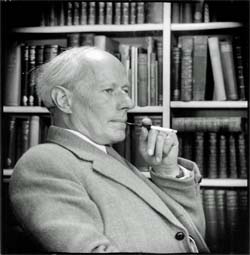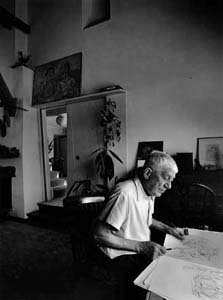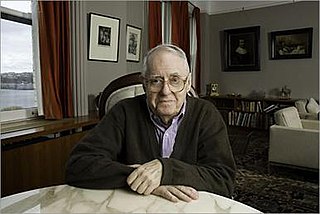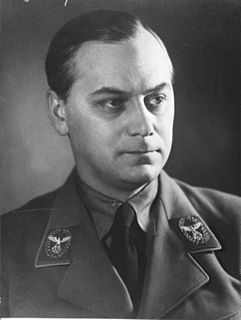A Quote by Rainer Maria Rilke
the longer I live, the more necessary it seems to me to endure, to copy the whole dictation of existence to the end, for it might be that only the last sentence contains that small, perhaps inconspicuous word through which all laboriously learned and not understood orients itself toward glorious sense.
Related Quotes
Every sentence has a truth waiting at the end of it and the writer learns how to know it when he finally gets there. On one level this truth is the swing of the sentence, the beat and poise, but down deeper it's the integrity of the writer as he matches with the language. I've always seen myself in sentences. I begin to recognize myself, word by word, as I work through a sentence. The language of my books has shaped me as a man. There's a moral force in a sentence when it comes out right. It speaks the writer's will to live.
Tolkien understood about the things that happen after the end. Because this is after the end, this is all the Scouring of the Shire, this is figuring out how to live in the time that wasn’t supposed to happen after the glorious last stand. I saved the world, or I think I did, and look, the world is still here, with sunsets and interlibrary loans. And it doesn’t care about me any more than the Shire cared about Frodo.
At last, Mythic feeling and conscious perception no longer confront each other as antagonists but as allies. Passionate nationalism is no longer directed toward tribal, dynastic or theological loyalties, but toward that primal substance, the racially based nationhood itself. Here is the message which will one day melt away all dross, eliminate all that is base, and bring into being all that is noble.
The profound calm which only apparently precedes and prophesies of the storm, is perhaps more awful than the storm itself; for indeed, the calm is but the wrapper and envelop of the storm, and contains it in itself, as the seemingly harmless rifle holds the fatal powder, and the ball, and the explosion.
If life is to be fully human it must serve some end which seems, in some sense, outside human life, some end which is impersonal and above mankind, such as God or truth or beauty. Those who best promote life do not have life for their purpose. They aim rather at what seems like a gradual incarnation, a bringing into our human existence of something eternal, something that appears to imagination to live in a heaven remote from strife and failure and the devouring jaws of Time.
Consider a movie: it consists of thousands upon thousands of individual pictures, and each of them makes sense and carries a meaning, yet the meaning of the whole film cannot be seen before its last sequence is shown. However, we cannot understand the whole film without having first understood each of its components, each of the individual pictures. Isn't it the same with life? Doesn't the final meaning of life, too, reveal itself, it at all, only at its end, on the verge of death?
I am fully intelligent only when I write. I have a certain amount of small-change intelligence, which I carry round with me as, at any rate in a town, one has to carry small money, for the needs of the day, the non-writing day. But it seems to me I seldom purely think ... if I thought more I might write less.







































